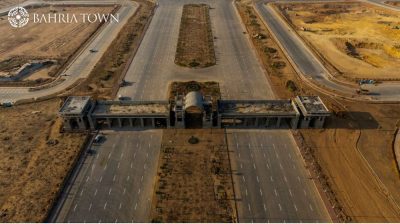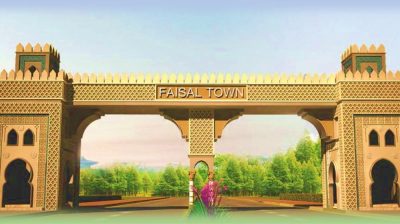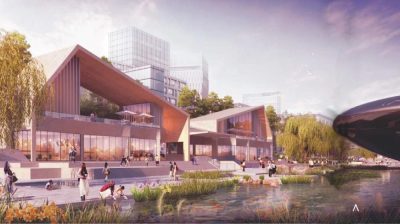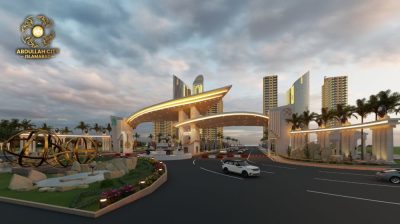ISLAMABAD: In a bid to combat the growing water crisis in the federal capital, Islamabad, the Capital Development Authority (CDA) has partnered with the Water and Power Development Authority (WAPDA) to initiate the construction of a new dam upstream of Khanpur Dam. This ambitious project, known as the ‘Dotara Dam,’ is set to be a massive 122 meters in height and 350 meters in length.
The commencement of construction work on the Dotara Dam is contingent upon the successful completion of a pre-feasibility study. The cost of this preliminary study, estimated at approximately Rs20 million, will be funded by the CDA, as Islamabad stands to be the primary beneficiary of the project.
During a recent meeting between officials from WAPDA and CDA, a comprehensive presentation was made outlining the proposed Dotara Dam. This new dam is expected to have a storage capacity of 0.1 million million-acre feet (MAF) of water and will be capable of supplying 72 million gallons per day (MGD) of potable water to Islamabad. Additionally, the dam will generate 10 megawatts (MW) of hydropower.
The presentation highlighted the significance of the project in overcoming the persistent water shortages in Islamabad. The CDA emphasized that “fetching water through gravity would be the most unique project” in the city’s history.
In response, WAPDA expressed its willingness to move forward with the Dotara Dam project, provided that the CDA commits to financing the necessary project studies. This commitment would enable the preparation of an updated PC-II performa, which could then be submitted to the Ministry of Water Resources for further consideration.
It was revealed during the meeting that the alignment of the Dotara Dam project encompasses 43% of the catchment area of Khanpur Dam, while it will have 57% of its catchment area. This strategic positioning aims to maximize water storage and supply capabilities.
The CDA Chief, in a statement to Dawn, confirmed that a preliminary study of the Dotara project would be conducted, with the CDA covering the associated costs. This decision reflects Islamabad’s status as the primary beneficiary of the dam project.
Notably, the CDA had previously proposed the construction of two smaller dams, Chiniot and Shahdara, in the catchment area of Simly Dam, with the intention of supplying 26 MGD of water to Islamabad. However, progress on these projects had stalled.
Islamabad has long grappled with water scarcity, with minimal efforts made over the past two decades to explore alternative water sources. Presently, the CDA provides around 70 MGD of water from three sources: Simly Dam, Khanpur Dam, and tube wells, falling significantly short of the city’s requirement of approximately 220 MGD.
Experts argue that the construction of small dams in the catchment areas of Simly, Khanpur, and Rawal dams is essential for rainwater storage, reducing the need to open spillways during monsoon seasons.
In parallel, discussions surrounding the mega Ghazi Barotha project are ongoing, with plans to supply 100 MGD each to Rawalpindi and Islamabad. This project, estimated to cost Rs100 billion, is slated for completion within five years, pending funding availability. However, it has yet to advance beyond the feasibility study stage, despite token funding allocations in recent years’ budgets.
Source: DAWN









